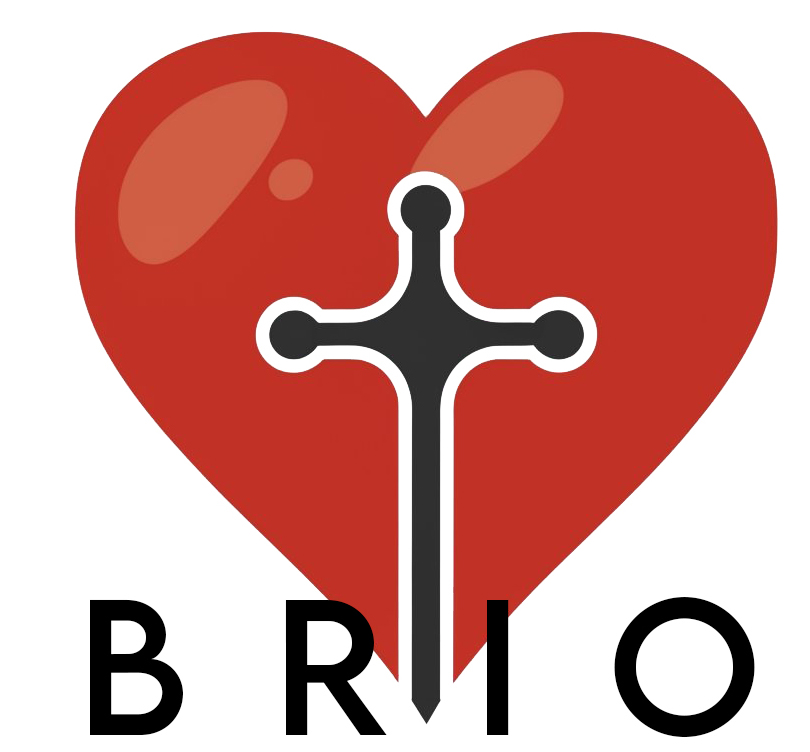The 4 uses of ‘have’ as a main verb in advanced English
(Don’t forget that when ‘have’ is the prinicpal verb, we use auxillary verbs in negative and interogative (do / got etc.) and we don’t generally contract ‘have’ in the affirmative unless we’re using ‘got’.)
1. Possesion. Remember that when we use ‘have’ for possesion we do so as a stative verb (not action verb), meaning that we do not use it in the continuous form. ‘Have’ is also a stative verb when we talk about sickness and relationships.
- Do you have many brothers and sisters?
- I haven’t got a cold, I have allergies.)
2. Experiences and actions: It is common in advanced English to use ‘have’ + object to denote a variety of experiences and actions. This is in contrast to many other languages where distinct verbs describe such actions such as ‘desayunar’ in Spanish. Because these are actions, we can use the continuous version.
- I always have breakfast on the balcony.
- I’m having a shower.
3. We use ‘have’ + verb to talk about obligatiions and things we have to do – especially when the obligation comes from someone else or laws or rules etc.
- You have to pay 30 euros to enter.
- You have to hand in the essay by Friday.
4. You can use the following construction – have + object + past participle to say that you have requested or paod someone to do something for you.
- I’m having my hair done on Friday.
- I’m having my nose done.
The uses of ‘have’ as an auxillary verb in advanced English
1. ‘Have got’. Don’t get confused by ‘have got’ – it is just another form of ‘have’ and it’s optional.
In affirmative you can use either…
- I have a big car … I’ve got a big car.
In negative you can use either…
I haven’t got a big car … I don’t have a big car.
In interrogative you can use either…
Have I got a big car? … Do I have a big car?
2. Avoid using ‘had got’ for the past. It’s much mire common to simply use ‘had’
I had three cats when I was a kid.
3. Some people – especially the Irish – leave out ‘don’t/got’ in the negative. This is especially true with the expresions…
I haven’t time.
I haven’t a clue.
4. Obviously we use ‘have’ as an auxillary verb in the present perfect, future perfect, present perfect continuous, past perfect etc.
5. As stated above, we use ‘have to + verb’ for obligation. However, there is a subtle difference when we use ‘have got to + verb’ for an obligation. The former is for a repeated action whereas the latter is for a specific (one -off) action.
- I’ve got to send a quick e-mail.
- You have to send an email every thursday to the sales department.


Comments are closed.